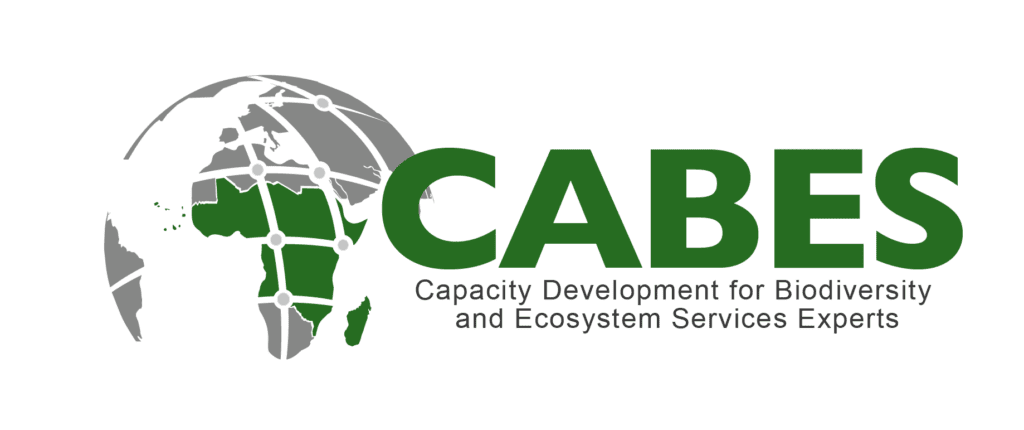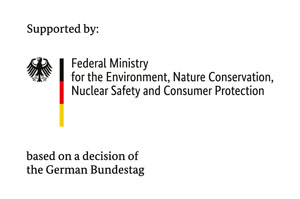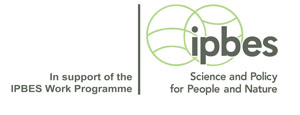Curriculum
The curriculum of the SPIBES MSc. programme is divided into modules, and each module is further divided into courses. The courses are tailored to equip students with the relevant knowledge and skills to seamlessly navigate the science-policy-practise interface for biodiversity.
Semester 1
General Knowledge
| Module Code | Module Title | Course Code | Course Title |
|---|---|---|---|
| ENG 4 | Language courses | ENG 1 | English and French Language courses |
| SPI 4 | Introduction to interdisciplinary approach in environmental management: the science-policy-practise interface (SPI) | SPI 4.1 | SPIBES: A Master Programme on the Science-Policy Interface for Biodiversity & Ecosystem Services |
| SPI 4 | Introduction to interdisciplinary approach in environmental management: the science-policy-practise interface (SPI) | SPI 4.2 | Introduction to the Intergovernmental Platform on Biodiversity & Ecosystem Services (IPBES): history, objectives, functioning and international governance context (CBD...) |
Fundamental Knowledge
| Module Code | Module Title | Course Code | Course Title |
|---|---|---|---|
| BBS 4 | Introduction to the Biophysical environment | BBS 4.1 | Basic concepts on ecology (population dynamics and ecosystem functioning) |
| BBS 4 | Introduction to the Biophysical environment | BBS 4.2 | Basic concepts on climate system and climate change |
| BSS 4 | Basic concepts of social sciences | BSS 4.1 | Introduction to Environmental economics |
| BSS 4 | Basic concepts of social sciences | BSS 4.2 | Introduction to environmental sociology and anthropology |
| BSS 4 | Basic concepts of social sciences | BSS 4.3 | Environmental laws/policies |
Methodological Knowledge
| Module Code | Module Title | Course Code | Course Title |
|---|---|---|---|
| RSC 4 | Research skills: communication | RSC 4.1 | Systematic Literature review |
| RSC 4 | Research skills: communication | RSC 4.2 | Scientific writing |
| RSC 4 | Research skills: communication | RSC 4.3 | Science communication (Science-Media-Professional) |
| RSP 4 | Research skills: good practices | RSP 4.1 | Ethics and good practices in science |
| RSP 4 | Research skills: good practices | RSP 4.2 | Introduction to Methods in interdisciplinary research (including survey techniques) |
Internship
| Module Code | Module Title | Course Code | Course Title |
|---|---|---|---|
| FIM 4 | Internship (hands-on experience with data collection, analyses and scientific reporting) | FIM 4.1 | Short stays at boundary organisations, research institutions or parastatal organisations |
Semester 2
Fundamental Knowledge
| Module Code | Module Title | Course Code | Course Title |
|---|---|---|---|
| BSD 5 | Basic concept of sustainable development | BSD 5.1 | Introduction to sustainable development (history, challenges, opportunities, UN Sustainable Development Goals (SDGs), African Union Agenda 2063) |
| BSD 5 | Basic concept of sustainable development | BSD 5.2 | The concepts of transformational changes and resilience |
| BSD 5 | Basic concept of sustainable development | BSD 5.3 | New economic paradigm and sustainable development (green economy, blue economy, and circular economy, Gross Domestic Products (GDP) degrowth) |
| DEL 5 | Diversity and evolution of life | DEL 5.1 | Global biological diversity and distribution of life |
| DEL 5 | Diversity and evolution of life | DEL 5.2 | Taxonomy for biodiversity management (plants, animals and micro-organisms) |
Methodological Knowledge
| Module Code | Module Title | Course Code | Course Title |
|---|---|---|---|
| IES 5 | Key interdisciplinary methods in environmental sciences | IES 5.1 | Considering different values for biodiversity and ecosystem services and (integrated) valuation |
| IES 5 | Key interdisciplinary methods in environmental sciences | IES 5.2 | Indigenous, local and traditional knowledge and practices in biodiversity management |
| IES 5 | Key interdisciplinary methods in environmental sciences | IES 5.3 | Methods of knowledge co-production / participatory methods |
| DCA 5 | Data collection and statistical analyses | DCA 5.1 | Statistical analyses, data management and biodiversity sampling strategy |
| DCA 5 | Data collection and statistical analyses | DCA 5.2 | Data collection and analytical methods in social sciences (qualitative and quantitative) |
| DCA 5 | Data collection and statistical analyses | DCA 5.3 | Introduction to applied GIS |
| EVM 5 | Environmental modeling | EVM 5.1 | Biodiversity and ecosystem services modelling /Ecosystem/ climate change) |
Internship
| Module Code | Module Title | Course Code | Course Title |
|---|---|---|---|
| FIM 5 | Field trip (field data collection in the field and analyses) | FIM 5.1 | Visits to natural parks and reserves – Comoé & LAMTO reserves, Cote d´Ivoire |
Semester 3
| Module Code | Module Title | Course Code | Course Title |
|---|---|---|---|
| SPI 6 | Science-policy interface (SPI) | SPI 6.1 | Integration of ecosystem services concepts to existing initiatives (PPPs in West Africa /cross-sectoral policies) |
| SPI 6 | Science-policy interface (SPI) | SPI 6.2 | Leveraging on IPBES to support the implementation of the UN SDGs in West Africa |
Specific Knowledge (applications)
| Module Code | Module Title | Course Code | Course Title |
|---|---|---|---|
| AEI 6 | Applied ecology for sustainable development: Impacts assessments | AEI 6.1 | Upcoming and current IPBES assessments |
| AEI 6 | Applied ecology for sustainable development: Impacts assessments | AEI 6.2 | Land degradation, restoration & management (reflecting on the IPBES assessment, GLP, ...) |
| AEI 6 | Applied ecology for sustainable development: Impacts assessments | AEI 6.3 | Environmental impact assessment |
| AEU 6 | Applied ecology for sustainable development: urban ecology | AEU 6.1 | Application of landscape ecology and planning |
| AEU 6 | Applied ecology for sustainable development: urban ecology | AEU 6.2 | Urbanization and sustainable cities |
| Applied ecology for sustainable development: Coastal and marine ecology | Aquatic ecology and Coastal Zone management (human – nature interactions) |
Methodological Knowledge
| Module Code | Module Title | Course Code | Course Title |
|---|---|---|---|
| AMF 6 | IPBES assessment methodology and funding SPI | AMF 6.1 | Methods and tools to conduct an IPBES assessment |
| AMF 6 | IPBES assessment methodology and funding SPI | AMF 6.2 | Fundraising for research and science-policy interface (career planning and grant proposal development) |
| SSS 6 | Scientific soft skills | SSS 6.1 | Bioinformatics and data management: examples of existing initiatives (GBIF, JRS Biodiversity foundation |
| SSS 6 | Scientific soft skills | SSS 6.2 | Project management Fund raising (example of biodiversity management) |
| SSS 6 | Scientific soft skills | SSS 6.3 | Science communication |
Semester 4
Thesis
| Module Code | Module Title | Course Code | Course Title |
|---|---|---|---|
| - | Internship and thesis defense | - | Practical data collection in the field and analyses/dissertation/ defense |



